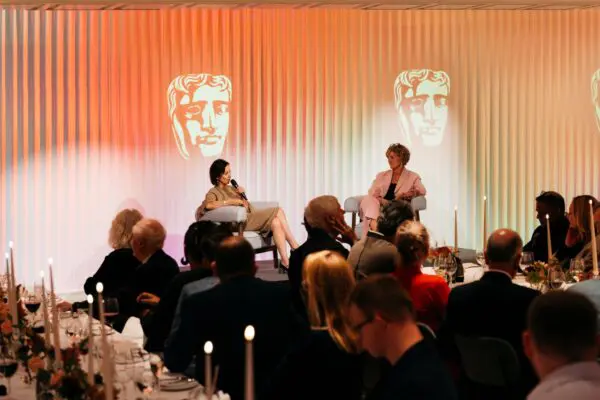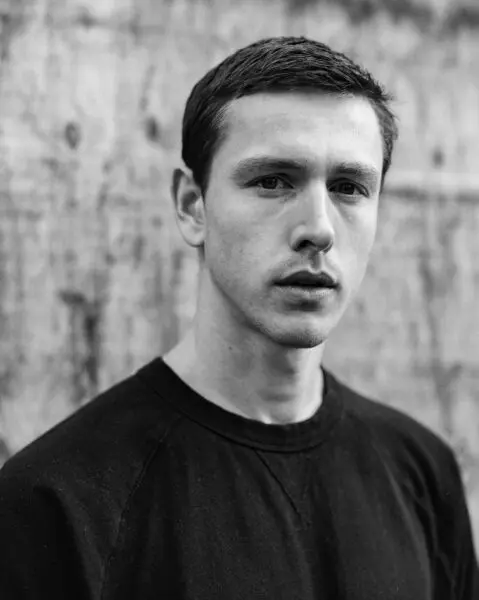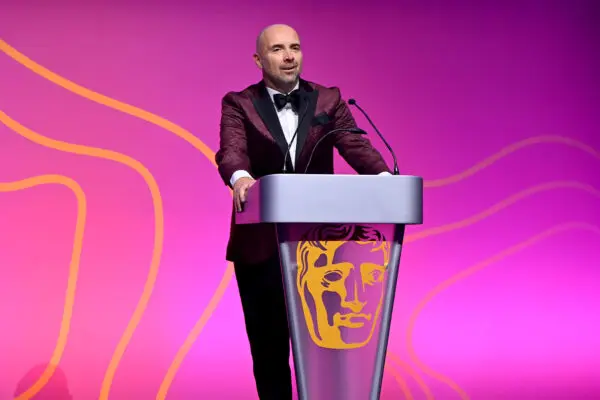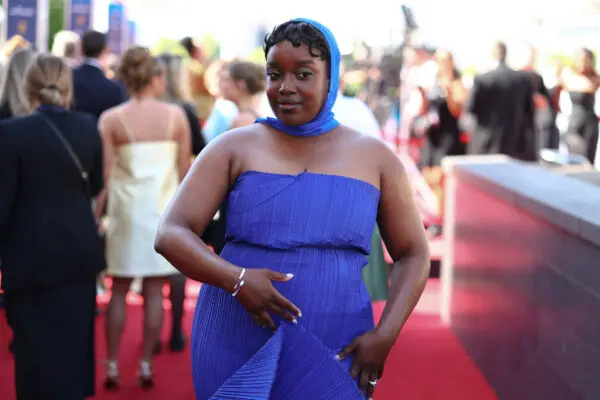Jeremy Irons, world-renowned actor and star of Dead Ringers, Die Hard with a Vengeance and The Lion King, shared how he keeps his career energised by “taking risks”.
Irons’ first major film role was as Meryl Streep’s lovers in The French Lieutenant’s Woman in 1981 – scoring a BAFTA nomination for Best Actor. He was also nominated in 1982 for playing Charles Ryder in ITV’s era-defining TV adaptation of Brideshead Revisited.
“When I start an acting job, I always feel like I can’t do it,” he told a packed audience during a special Life in Pictures interview with Danny Leigh on 9 September, 2016.
“I like risk. It seems it energises me.”












